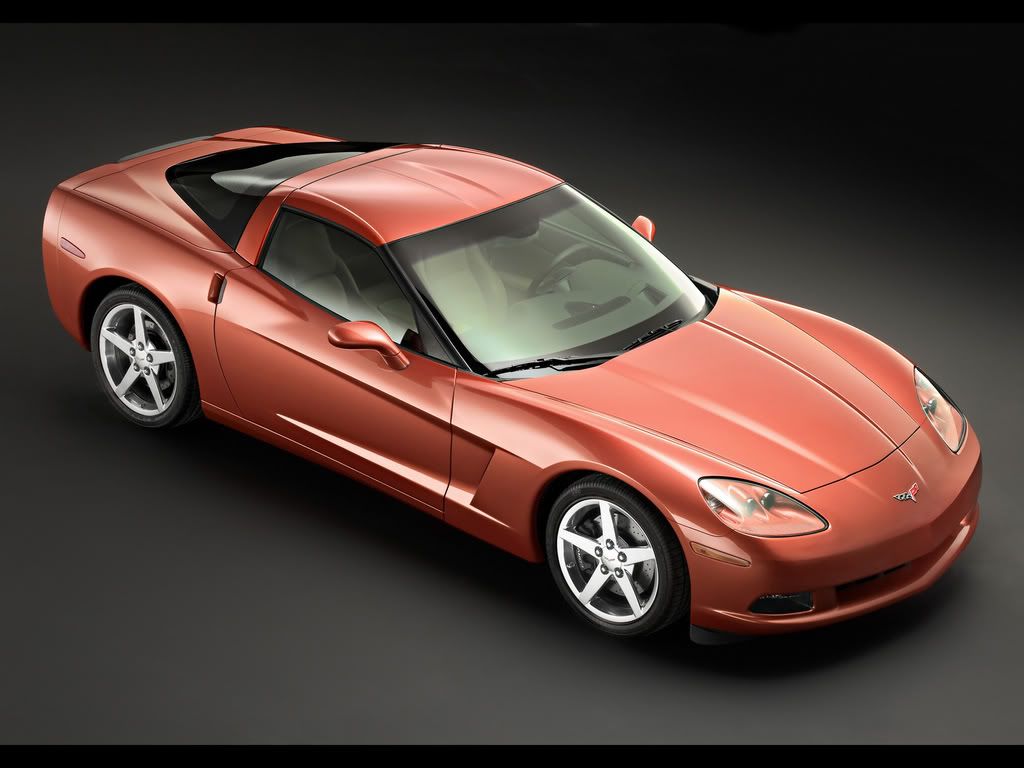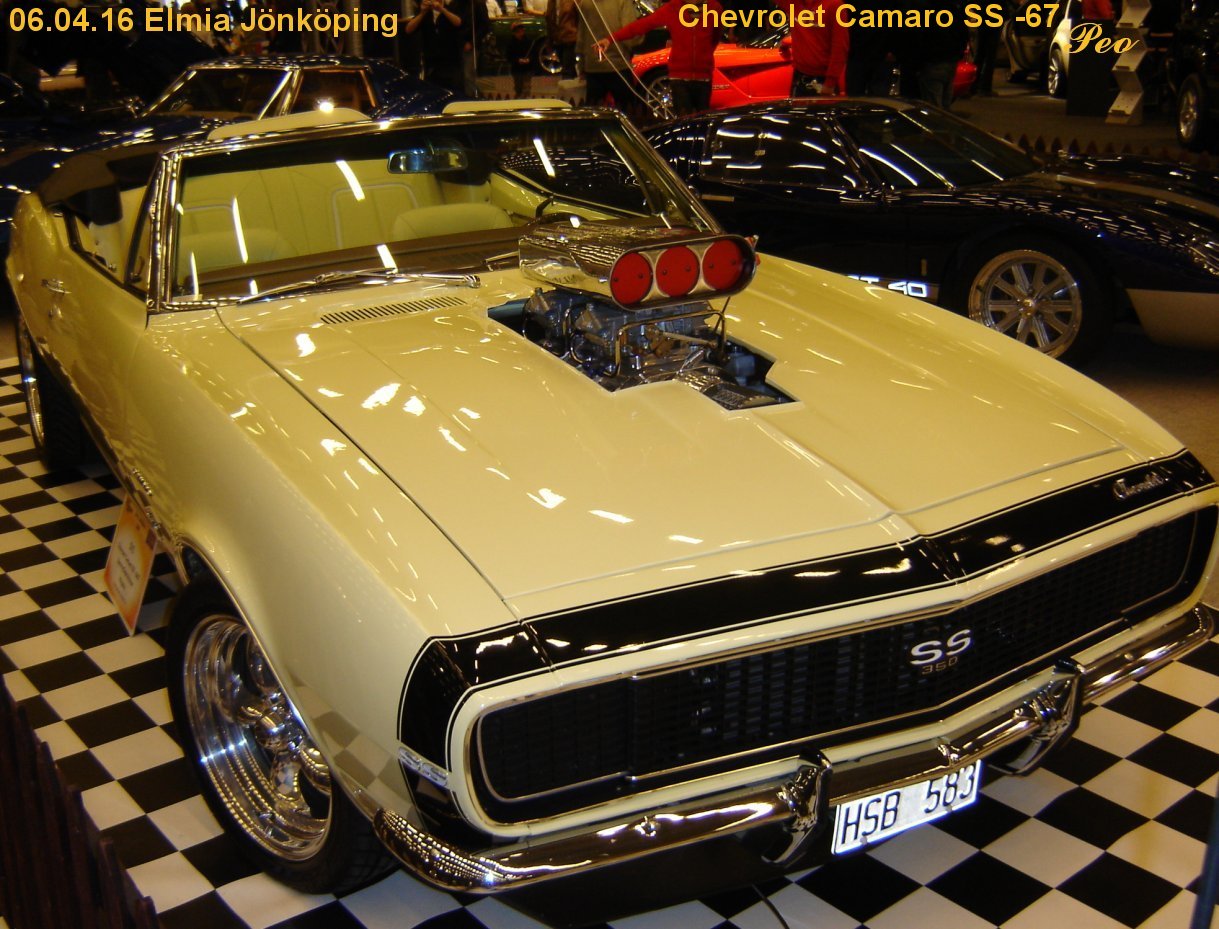Citigroup reached an agreement early Monday morning to acquire the banking operations of the Wachovia Corporation after making a daring bid that pulled the deeply troubled company from the brink of collapse.
Citigroup will pay $1 a share, or about $2.2 billion, according to people briefed on the deal.
Federal regulators worked around the clock this weekend to orchestrate the sale, finally reaching an agreement at 4 a.m. on Monday morning. In the end, the government agreed to provide Citigroup with a financial guarantee on Wachovia�s most risky assets. It is similar to the deal that the Federal Reserve established with JPMorgan Chase�s emergency takeover of Bear Stearns.
Citigroup will assume the first $42 billion on losses tied to Wachovia�s riskiest mortgages and will pay the Federal Insurance Deposit Corporation $12 billion in preferred stock and warrants. In exchange, the F.D.I.C. will absorb all losses above that amount.
Federal regulators said the move was necessary to stave off what could have been the second big bank failure in less than a week. On Thursday, the government seized Washington Mutual and sold the bulk of its operations to JPMorgan Chase.
�This morning�s decision was made under extraordinary circumstances with significant consultation among the regulators and Treasury,� said Sheila C. Bair, the chairwoman of the F.D.IC in a statement. �This action was necessary to maintain confidence in the banking industry given current financial market conditions.�
Wachovia customers should not notice any changes. �There will be no interruption in services and bank customers should expect business as usual,� Ms. Bair added.
The deal further concentrates Americans� bank deposits in the hands of three banks: Bank of America, JPMorgan Chase and Citigroup will control more than 30 percent of the industry�s deposits.
Together, they will have unrivaled power to set prices for their loans and services. The institutions would probably come under greater scrutiny from federal regulators, given their size and reach. And some small and midsize banks, already under pressure, might have little choice but to seek suitors in order to compete.
The deal highlights just how bad the banking industry�s problems have gotten as well as the progress that Citigroup after being one of the first to suffer huge losses. Citigroup�s chief executive, Vikram S. Pandit, has recently been making the case to employees and investors that Citigroup is a �pillar of strength� in turbulent times. If he is successful, this transaction could be an important milestone.
Under the deal, Citigroup will buy all of Wachovia�s assets and liabilities � a move that should protect Wachovia�s bondholders. It will also acquire Wachovia�s big retail operations as well as its corporate and private banking. It will also takeover Wachovia�s relatively small investment banking operations, which have catered to real estate and medium-size corporations. Citigroup is leaving behind the A.G. Edwards retail brokerage operations and Evergreen Investments, Wachovia�s money management arm. Senior management decision have not been worked out, according to people involved in the talks.
With Wachovia�s branch network, Citigroup will now have one of the biggest retail banking franchises in the country after years of false starts. That should give Citigroup a larger platform to sell home loans and credit cards, and would give it access to more than $400 billion in more stable customer deposits. The bank has been aggressively trying to reduce its dependence on outside investors for funds.
The risk is that Citigroup could be saddled with tens of billions of dollars in losses tied to Wachovia�s giant loan portfolio. Wachovia has been hurt badly by its 2006 purchase of Golden West Financial, a California lender specializing in so-called pay-option mortgages. And the bank also faced mounting losses on loans made to home builders and commercial real estate developers.
To pay for the deal, Citigroup expects to raise more than $10 billion by issuing new shares of its common stock. It will also slash its dividend to 16 cents a share, the second time in the last year.
Another risk is that Citigroup has had a poor track record of putting together mergers, although it now has a new management team. Citigroup shares were essentially flat in late morning trading on Monday.
Last week, Wachovia held discussions with Citigroup, Wells Fargo and Banco Santander of Spain, before the foreign bank�s interest cooled. But the talks intensified this weekend as lawmakers worked in Washington to hammer out the details of a $700 billion bailout plan. Wachovia executives, meanwhile, huddled in the Seagram Building offices of Sullivan & Cromwell on Park Avenue.
Robert K. Steel, a former top lieutenant of Henry M. Paulson Jr. at both Goldman Sachs and then the Treasury Department, who took over as Wachovia�s chief executive in July, arrived in New York to handle the negotiations in person, along with David M. Carroll, the bank�s chief deal maker. At 8:15 am. on Saturday, Citigroup and Wells Fargo took their first peek at Wachovia�s books.
Regulators pressed the parties to move quickly. Senior officials at the Federal Reserve in Washington, and its branches in New York, Richmond and San Francisco held weekend discussions with all the banks involved. Top officials at the Federal Deposit Insurance Corporation and the Treasury were also in the loop.
Timothy F. Geithner, the president of the Federal Reserve Bank of New York, personally reached out to executives involved in the process to assess the situation and spur it along. Citigroup and Wells Fargo pressed regulators to seize Wachovia and let them buy its assets and deposits, as JPMorgan did with WaMu, or provide some sort of financial guarantee, as regulators did with JPMorgan�s acquisition of Bear Stearns, according to people briefed on and involved with the process.
Both Citigroup and Wells Fargo were deeply concerned about absorbing Wachovia�s giant loan portfolio, which is littered with bad mortgages, these people said. Bankers had little time to assess the risk.
Citigroup executives considered Wachovia a make-or-break deal for their consumer banking ambitions. With Wachovia, Citigroup would gain one of the pre-eminent retail bank operations after struggling to build one for years. It would also give Citigroup access to more stable customer deposits, allowing it to rely less heavily on outside investors for funds. If it failed to clinch a deal, Citigroup�s domestic retail operations would be far behind Bank of America and JPMorgan Chase. Mr. Pandit, the Citigroup�s chief executive, was personally overseeing the talks
Now, the challenge for Mr. Pandit will be making the deal work. Citigroup said on Monday it expected the deal to add to earnings in the first year, excluding a $3.7 billion restructuring charge. It also expects to reap about $3 billion in annual cost savings, though it did not disclose possible layoffs. If Citigroup can pull it off, it would be a symbolic victory of sorts. For Citigroup, the deal is the largest acquisition since the merger of Citicorp and Travelers Group forged the company a decade ago.
Although Citigroup has racked up nearly $50 billion in losses since the crisis began last summer and has watched the value of its shares sharply decline, the bank was also among the first to raise large amounts of capital. Mr. Pandit may point to the Wachovia deal as a sign of progress and an indication that the worst for the bank is behind it.
The deal will also be seen as a stamp of approval from regulators. Only a few years ago, the Federal Reserve took the unusual step of banning Citigroup from making "significant acquisitions." Gaining their approval to do a big deal on such short notice will probably be viewed as a big vote of confidence in Mr. Pandit�s management team.



























































